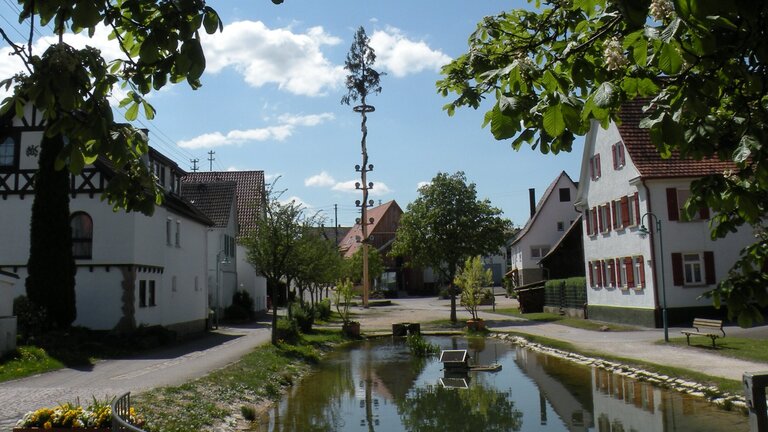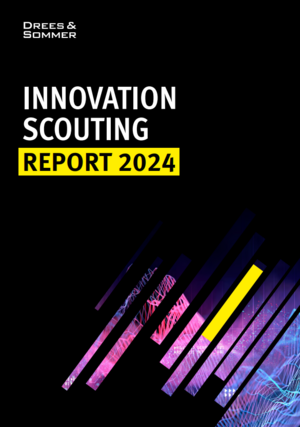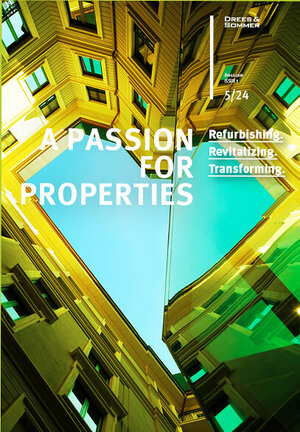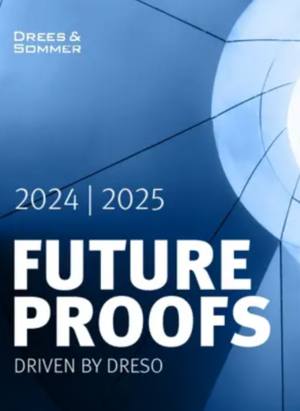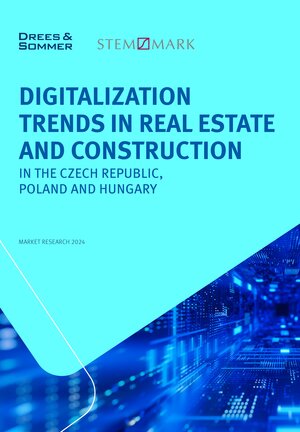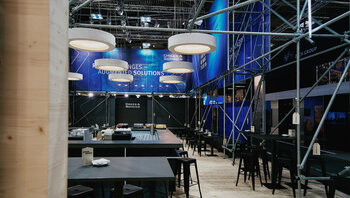At a public event and at a meeting of the construction committee of the German city of Rottenburg am Neckar in mid-January 2024, experts from Drees & Sommer presented their findings with regard to the implementation of an integrated district energy plan for the city’s Oberndorf district. The consulting and planning company, which specializes in construction and real estate, has carried out a study and analyzed the feasibility and possible design of a climate-friendly local heating network in Oberndorf. The key result: a heating network covering all 1,500 inhabitants and around 480 buildings is not economically viable – but a small network for the center of the district could be workable. A study by Bundesförderung für effiziente Wärmenetze (BEW), the federal funding scheme for district heating networks, is to set out in detail and to plan the implementation of a small network in the center of the Oberndorf district. 50 percent of the costs of the study are being provided by the government.
A heating network that covers the whole Oberndorf district needs to be 10.6 kilometers long. The heat would be generated either by a biomass power plant or by large-scale heat pumps. However, the costs would make a network covering the entire district unaffordable and therefore uncompetitive as compared with other heating solutions. Natalie Schmid, who heads the project at Drees & Sommer, reported: “Even if 70 percent opted to be connected, the costs would be too high. The houses are too far apart from each other.” She and her colleague Moritz Hummel, senior consultant at Drees & Sommer, presented the findings of the study to the 120 participants at the event, who included representatives of the city, the municipal utilities, Oberndorf Local Heating action group, the local inhabitants, and other interested parties. The integrated district energy plan covered issues such as climate adaptation, mobility systems, and communication and participation, in addition to the heating and electricity transition.
The research also showed that for various reasons biogas, green hydrogen, geothermal energy, water source heat pumps using river water, and waste heat are also not viable options for a climate-friendly heat supply for the Oberndorf district. For some inhabitants, therefore, individual solutions such as heat pumps or wood pellet boilers remain the only options. However, the greater part of the district’s heating needs can be met by a smaller, approximately five-kilometer-long heating network. “Our study shows that the economic benefit of a smaller heating network would be significantly higher than that of a large network. The smaller solution would cover the center of the district and a neighboring area. If 70 percent of the residents participated in the heating network, that means up to 130 connected buildings, the heating network would make sense in economic terms,” explained Moritz Hummel from Drees & Sommer. Thomas Weigel, Rottenburg’s Mayor pointed out: “We should go ahead with the project. A shared heating network, although small, will enable the costs of a climate-friendly heating transition to be spread across many households. The intended solution allows us significantly more time for the renovation of buildings than if the renovations had to be carried out at the same time as the heating systems were replaced.
The new feasibility study, available in 2025, is intended to bring certainty about a shared heating network. It is an important basis for the later approval of a heating network and for possible subsidies.

